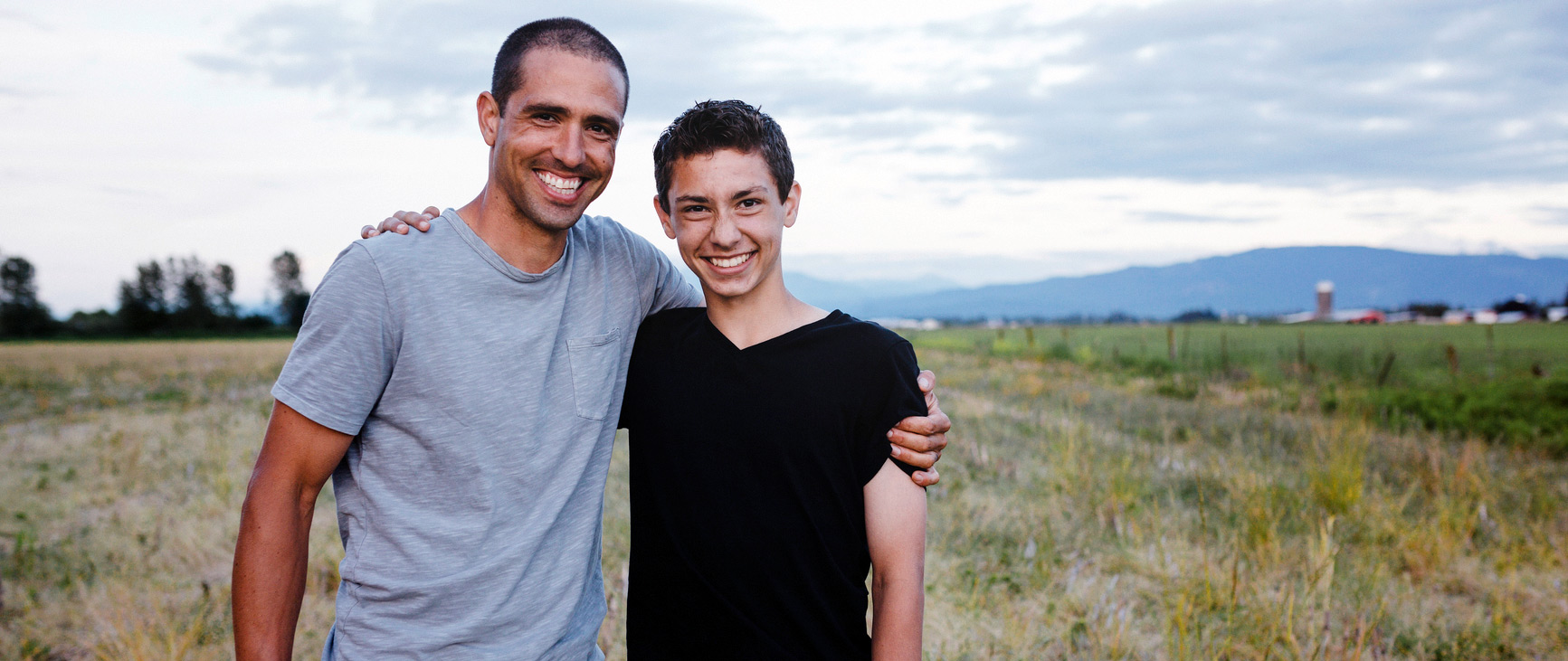Knowing which changes are normal will help parents guide sons through puberty.
For parents, and for teens, puberty can be a scary time. There are lots of changes going on that can be confusing, especially if you don’t know what to expect. For girls and boys, parents can serve as a great resource to help prepare for the changes of puberty both before they start and as they’re happening. As a parent, being prepared and knowing what to expect can help you feel empowered to guide your child through these changing times. In addition, your teen’s doctor can be a valuable resource during puberty to answer questions and help you talk with your teen about what’s happening to his body.
When should it start? Puberty can start at different times. Some boys will start as early as 10 years old and other will start as late as 14 or 15 years of age. Most boys begin to notice some changes around 12 years of age. If you or your son is worried that things are happening too soon (or not soon enough), you can always check with your child’s doctor. Once puberty begins, it will usually last between 2 and 5 years. Again, different boys will experience puberty at different rates.
What will I notice? The first sign of puberty is usually growth of the testicles. This is followed by an increase in pubic hair, as well as penis size. There will other changes too—an increase in body odor, increase in pimples, changes in voice. All of this is normal but may require some “changes” to daily routines—like daily showers, use of deodorant, use of over-the-counter acne products. If acne becomes a big problem for your teen, you should talk to you doctor about treatment options.
Puberty is also a time when a lot of growth occurs. Boys will get taller, their arms and legs will get longer and there will be increase in muscle mass. This can sometimes cause aches and pains but if these pains are significant, you should talk to your teen’s doctor. Some boys may notice swelling beneath their nipples. This is normal and can happen as a result of all the hormone changes in puberty.
How will I feel? Puberty can cause a lot of mixed emotions in teens. Your son may notice that his mood changes quickly or that he gets upset and doesn’t know why. Parents may also notice that teens suddenly become shy or embarrassed about their bodies as well as pull away from their parents. All of this is a normal part of puberty. However, if these emotions seem to be interfering with day-to-day activities, school or relationships, or if you ever become concerned, you should talk to your teen’s doctor.
Providing your teen with reassurance and information can help him through this difficult time and help him develop into a confident, healthy teenager.
Mary Romano, M.D., specializes in adolescent medicine at Monroe Carell Jr. Children’s Hospital at Vanderbilt. A mother of two, Romano loves taking care of adolescent patients and working with adolescents and their parents to keep them safe and healthy.

Vanderbilt’s Children’s After-Hours Clinics offer the convenience of a walk-in clinic with care provided by a board-certified pediatrician from Children’s Hospital. No appointment is necessary, but we recommend calling your pediatrician first. Learn more about services and find locations for Children’s Hospital After-Hours Clinics here.

